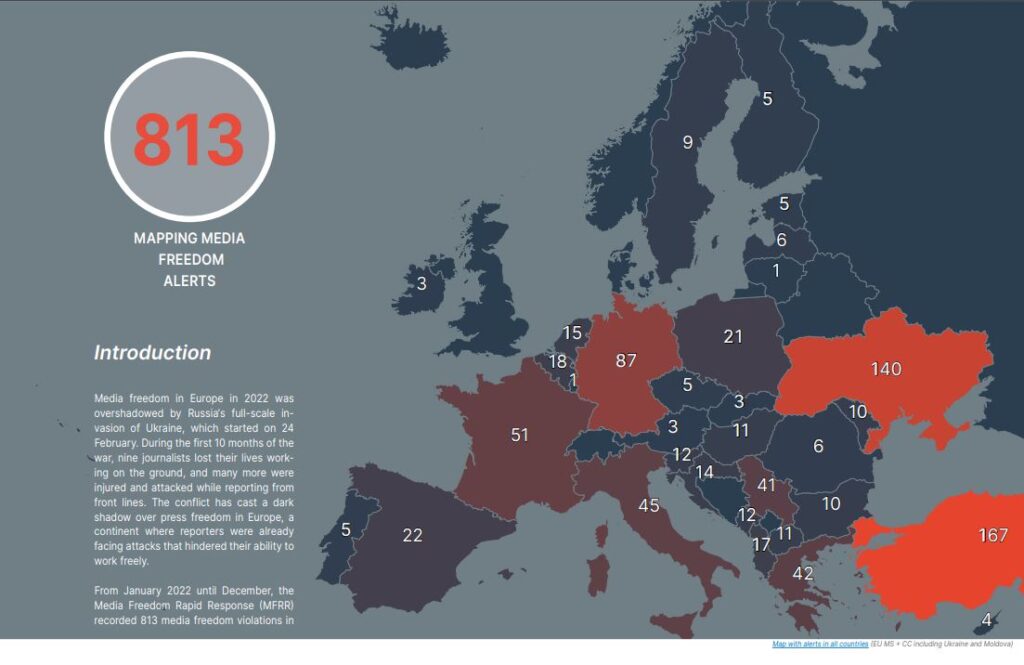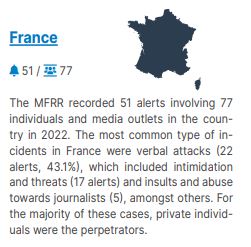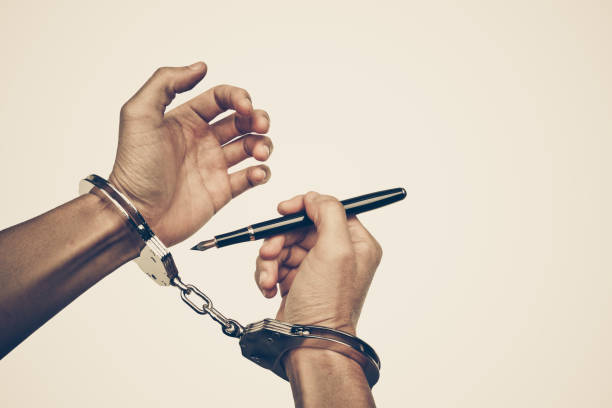Journalists across Europe are increasingly concerned with protecting the freedom of information, a fundamental pillar of investigative journalism. This issue was central at a roundtable discussion organized by Transparency International, where journalists and civil society groups explored the current state of the media, comparing the conditions in France and Hungary as reflected in press coverage.
The event, titled “An Unfiltered World: The Role of Civil Organizations and Journalists in Investigative Reporting,” took place at the French Institute in Budapest. The panel featured prominent speakers: Tamás Bodoky, editor-in-chief of Átlátszó; Gábor Polyák, researcher at Mérték Media Monitor; Alexandra Colineau, investigative journalist for France.tv; and Laurent Dublet, deputy secretary-general of Anticor.
Investigative Journalism: A Risky Profession
Investigative journalism is far from a safe career, as emphasized by Martin József Péter, managing director of Transparency International Hungary, who presented alarming statistics. The numbers are daunting, especially since the onset of the Ukraine war and the Arab-Israeli conflict, which have led to a sharp increase in threats and assaults. In 2022, 58 investigative journalists were killed worldwide, and 49 are reported missing. The gender breakdown offers no comfort: UNESCO data show that 90% of physical threats were directed at men, while around 85% of online threats targeted women.

In response to these troubling figures, the European Union launched the “Journalists Matter” initiative, which has already begun receiving reports from media professionals this year. Starting in 2025, the program aims to provide protection for journalists facing serious threats.
This raises an important question: is it worth the risk for journalists to jeopardize their safety to uncover the truth? The answer appears to be a strong “yes,” as investigative journalism continues to captivate readers.
Press Freedom: A Pillar of Democracy
The sobering statistics led to a broader discussion comparing experiences in France and Hungary. Laurent Dublet, deputy secretary-general of Anticor, noted that in France, the public wants transparency about everything happening within the country. Significantly, the French government grants journalists the freedom to attend parliamentary sessions and even veto legislation to safeguard the public interest, thereby allowing them to take part in the legislative process. For the future, Dublet emphasized the goal of securing greater independence for the state media.
Alexandra Colineau, a documentary filmmaker and journalist, highlighted that press freedom is increasingly compromised despite legal protections. She explained that regional press in France primarily exists in print format, where new ownership has started to exert significant influence over content, pressuring editorial offices and media platforms alike. This concentration of media ownership in a few hands restricts free expression, resulting in diminished reader trust. She also reported that out of 51 documented incidents, 22 involved physical attacks against media workers, with a steep rise in online harassment cases as well.

The State of Press Freedom in Hungary
The conversation then shifted to Hungary, where Gábor Polyák offered an overview of the challenges faced by the Hungarian press. He reported that the government has been restricting press freedom for 14 years. He first pointed to the nationalization of media institutions, limiting their activities and taking control of public service media. He also highlighted the effects of state acquisition on publishers and assessed the media market transformation post-2010, noting that independent media outlets like Átlátszó and Mérték Media Monitor were still allowed space at that time. He further discussed the attacks on independent media and the government’s disregard for their appeals, including criticism of the “Sovereignty Act,” which has been condemned by the European Commission.
Tamás Bodoky, editor-in-chief of Átlátszó, suggested expanding the list of challenges to include smear campaigns. Both experts agreed on the essential need to ensure independent media has access to information. They also stressed the harmful effects of the government’s efforts to label independent media as “enemies,” a direct assault on press freedom.
Paths Forward
The panelists shared their perspectives on potential solutions to these challenges. French participants advocated for sanctions and legislative reforms to curb restrictions on press freedom and prevent takeovers that limit editorial independence. They expressed optimism about upcoming measures aimed at fostering a more independent and truly free press in France. The audience was surprised to learn that Hungary’s media landscape is often cited as a negative example across Europe.
However, the statement did not surprise the representatives from Átlátszó and Mérték Media Monitor, who see little hope for change in Hungary. In their view, no measures are likely in the near future to promote the growth of an independent and free press or strengthen investigative journalism. Despite this, they believe that the persistence of independent media in Hungary—despite the hardships—remains a distinctive characteristic, showing the resilience of quality journalism in challenging environments.

